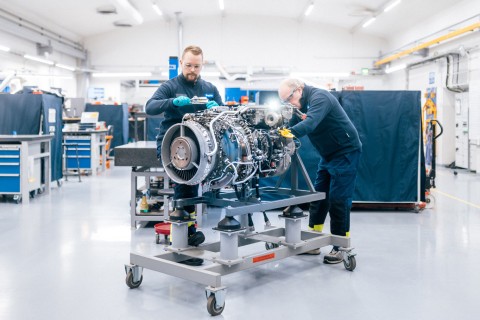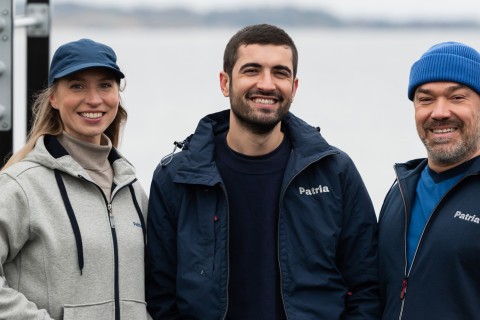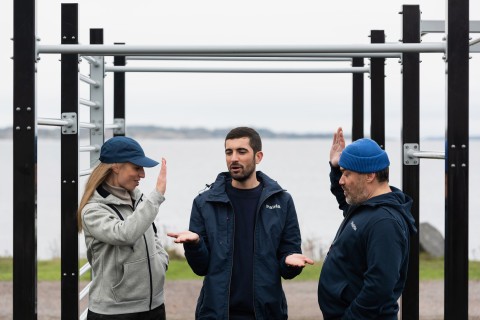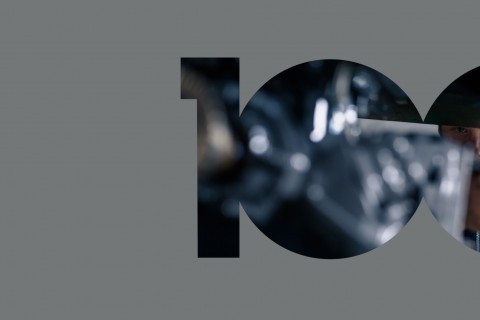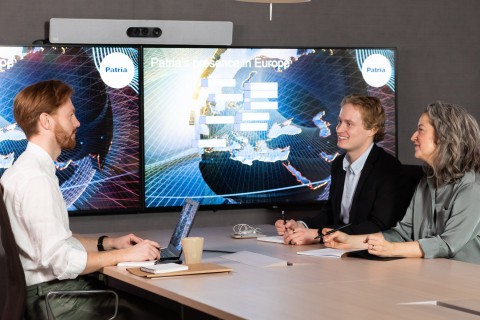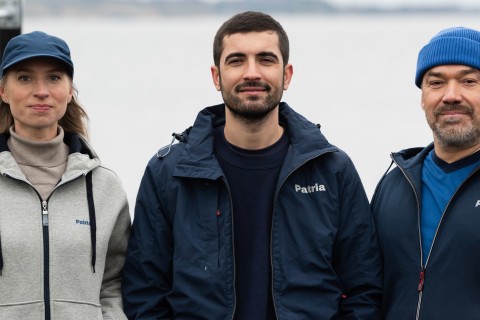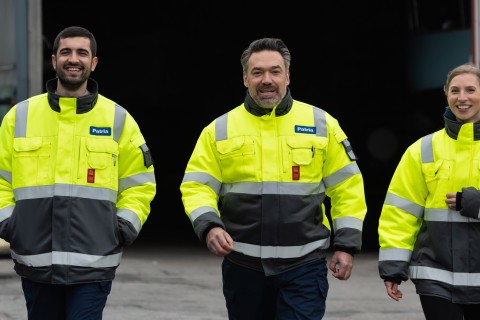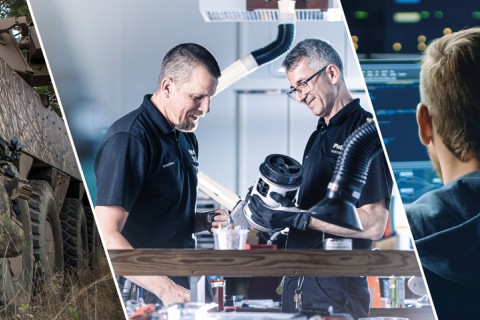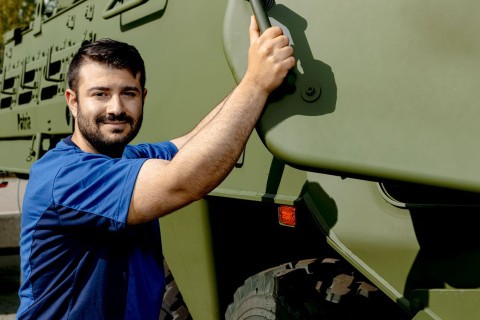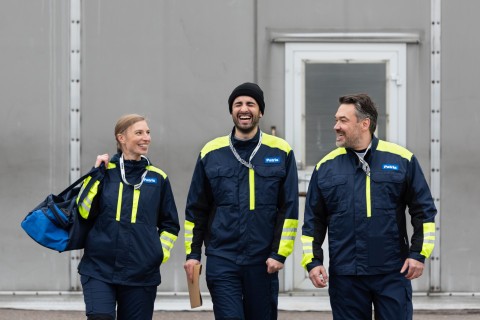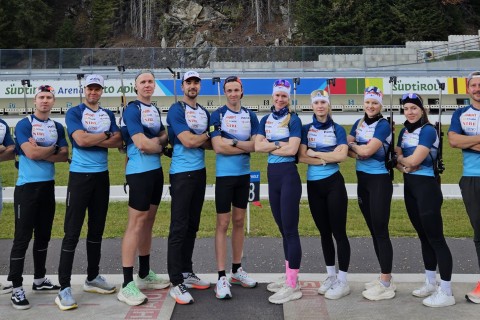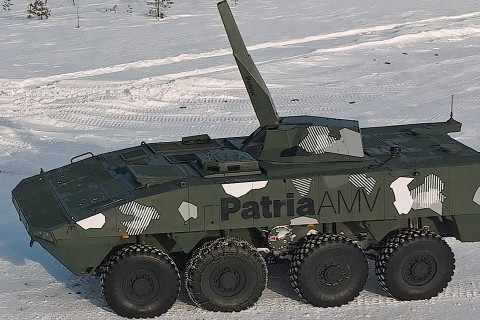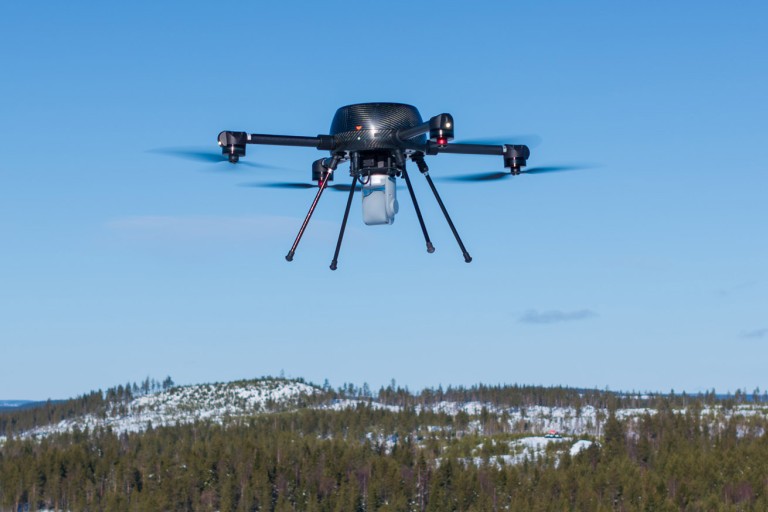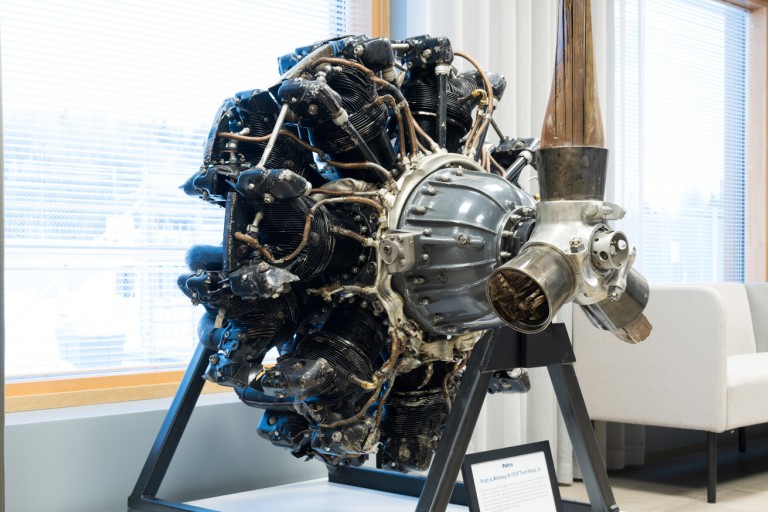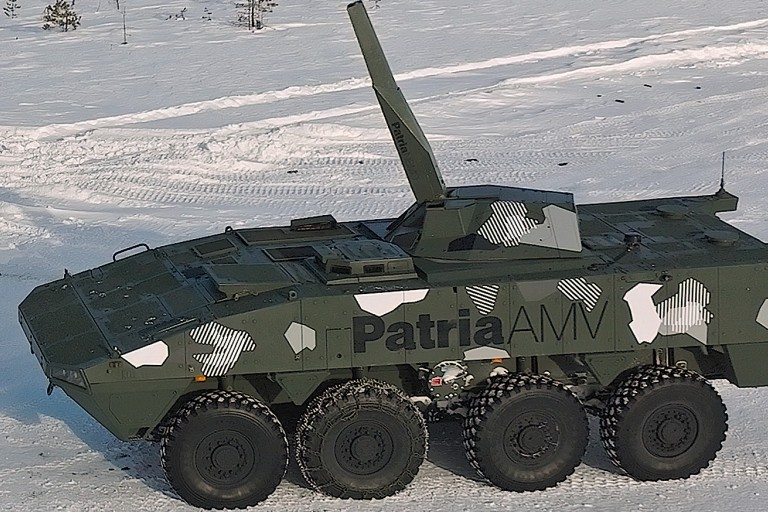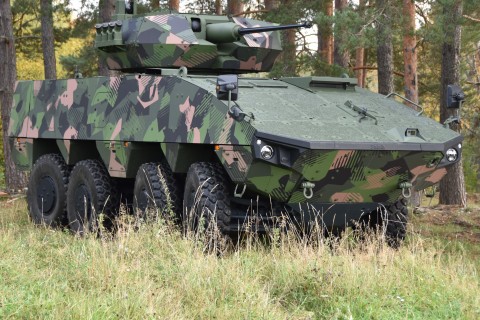
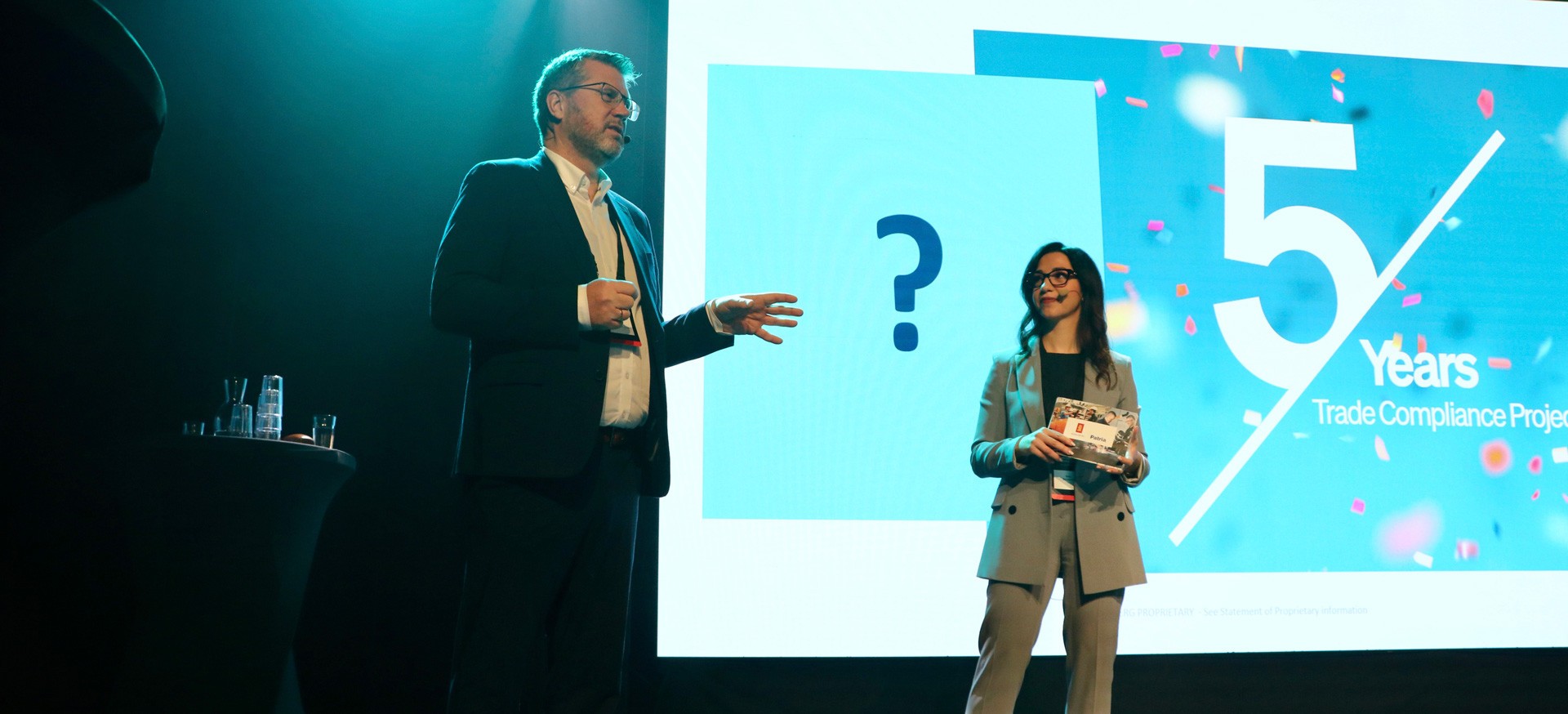
Patria and Kongsberg strengthen their export control competence together
12.11.2024
Patria and Kongsberg are working together to enhance their expertise in export control. Strict compliance is not only necessary, but also a competitive edge in growing international markets.
The export of defence materiel is strictly regulated by national legislation and international treaties. Defence-sector companies that operate in international markets must therefore be familiar with these regulations in detail, and must also constantly develop their expertise.
This is why Patria and Norwegian Kongsberg decided to launch a joint Trade Compliance project that seeks to strengthen both companies’ expertise and operating models in the field of export control.
This exceptional joint venture has already been up and running for five years. Its achievements to date, along with the next stages in the project, were presented at a seminar in Tampere in November. The seminar attracted about 140 attendees from Patria, Kongsberg and their export control stakeholders.
This annual event provides those working in export control with an opportunity to network and hear the latest news from experts. The speakers included representatives of authorities in both Finland and the United States.
Strong support from senior management
The Trade Compliance project has received strong support from senior management at both Patria and Kongsberg, as strict compliance with regulations is not only necessary, but also a competitive edge in international markets.
“Demand will increase in the defence market over the coming decades. Regulation will become even more important, in order to ensure that defence material does not end up in the wrong hands,” said Patria’s CEO Esa Rautalinko in his video greeting.
“Sanctions are increasing in number. Which is why strict compliance throughout the entire supply chain acts as our license to operate,” said Eirik Lie, Executive Vice President of Kongsberg Gruppen and President, Kongsberg Defence & Aerospace, in his own video greetings.
An increasingly important topic for companies
Rosa Rosanelli is project manager for the Trade Compliance project and also heads up Patria’s compliance team. She has been pleased with the project’s results to date.
“In retrospect, it was visionary to start collaborating in this way five years ago, as these questions are now more relevant than ever in the current global climate. Through this project, we are able to leverage the expertise available in both of our organisations – and develop it,” says Rosanelli.
Through this project, we are able to leverage the expertise available in both of our organisations – and develop it.
Håkon Lindteigen, Vice President of Corporate Compliance at Kongsberg, points out that Patria and Kongsberg have already been engaging in close cooperation in many areas of the defence industry for a long time. The companies are also connected through an ownership arrangement in which Kongsberg owns 49.9 per cent of Patria's share capital.
Lindteigen therefore believes that it is natural for the two companies to work together on internal guidelines and operating models that will promote export compliance.
“Compliance with both sanctions and export control regulations is a key component of responsible business operations for both companies. As they are largely governed by the same regulations, it makes sense to join forces,” says Lindteigen.
Export controls are broadly discussed
The Trade Compliance project was originally scheduled to last for only one year, but was extended due to the benefits it generated.
In the early stages of the project, Patria and Kongsberg reviewed their policies and identified areas for development. This included 15 audits of each company’s organisations.
The project is currently at a phase in which a broader range of compliance topics are up for discussion. Three working groups have been established to address export control, technology transfer and licensing.
“Reflecting on these issues with a broad range of people is important, as it’s not only the experts who must deal with export control. We must understand that it’s not the sole responsibility of those who are directly involved with export control,” says Rosanelli.
In the next phase of the Trade Compliance project, compliance training will be launched at both companies. This topic was also discussed at the meeting in Tampere.
Best practices are easy to share
Håkon Lindteigen stresses how important it is for defence companies to have a strong compliance programme. It demonstrates – to both the authorities and other stakeholders – that the company takes these matters seriously and is engaging in systematic efforts to comply with legislation and regulations.
“We’re also much better prepared for any potential external audits,” says Lindteigen.
He says that it’s not just about risk management. Being able to navigate a complex and constantly evolving regulatory environment is essential for business as a whole.
“In this sector, there will always be changes to which we must adapt, and this joint project has been a considerable help in this area.”
In the end, it’s not just about sharing best practices. We’re able to learn how others have perceived – and resolved – the same challenges.
Rosanelli thinks that the Trade Compliance project’s key achievements include the mutual trust and cooperation between Patria and Kongsberg’s teams.
“It’s been easy to contact a colleague at the other company to ask whether they’ve faced a similar situation and, if so, how they’ve handled it,” says Rosanelli.
“In the end, it’s not just about sharing best practices. We also understand that the same results can be achieved in different ways. We’re able to learn how others have perceived – and resolved – the same challenges,” she continues.
What did you like about the article?
Thank you for your opinion! You can share the article on social media using the buttons below:

